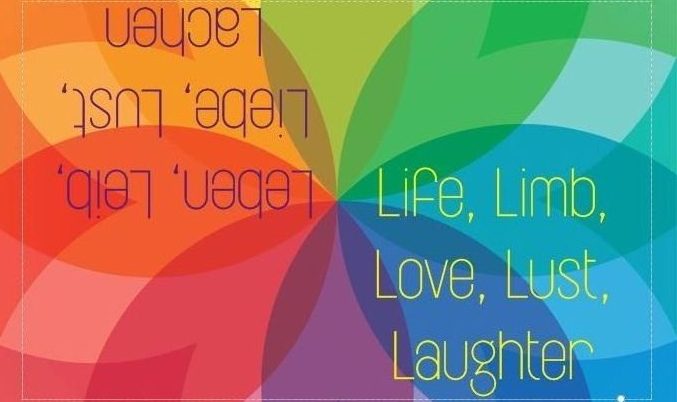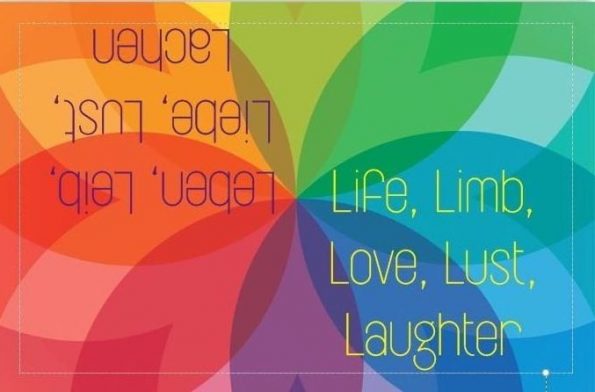Time and Time Again
Reality Check – Body (2)
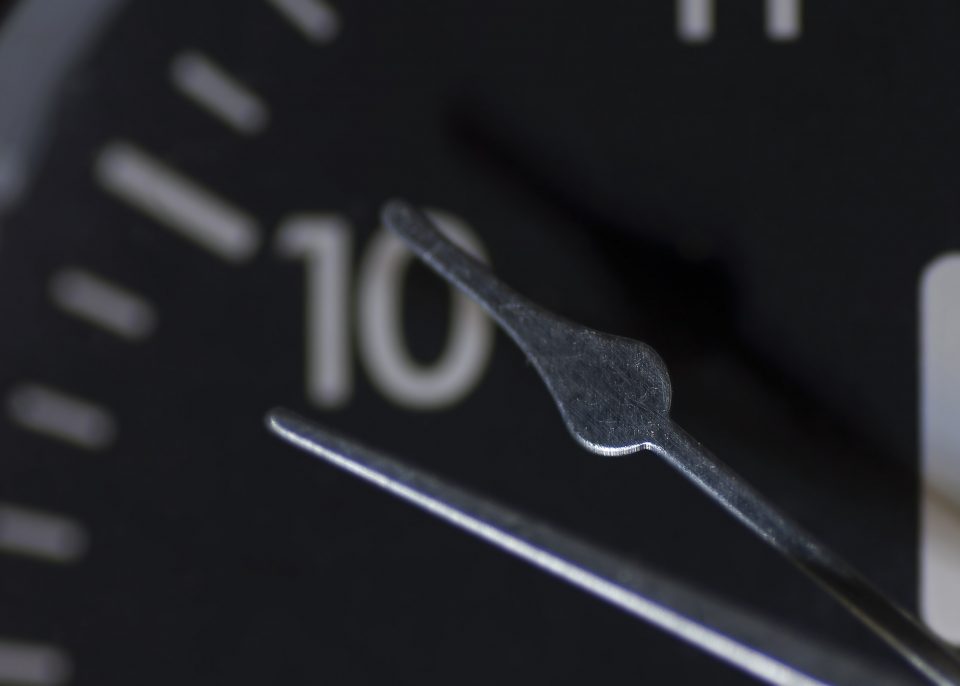
Time After Time
I am back. This time to talk about just that: Time and its affect on our bodies, lives and relationships. Our last Blog lesson was focused on our bodies in the world and our interactions on the material plane. Now I want to talk about the time we spend here. What we do with it and what time does to us.
Ooh Baby Baby
We all start out as babies, and infants become toddlers, toddlers grow into children, children turn in to youths and the adolescents develop into adults.
Adolescence is where our bodies, minds and spirits begin to mature and become more gendered and we begin to emotionally identify with older, more mature members of our family, community or society. We call this time in our lives Puberty.
Puberty
Puberty: Physical changes in girls start around 10 or 11 with most girls showing signs of change by 13. In boys the physical changes start at 12 or 13 with most boys showing changes by 14.
Puberty is signaled in girls with and the development of secondary gender attributes including breasts, pubic and armpit hair, and a broadening of the hips, resulting in the beginning of their menstral cycles.
Whereas puberty in boys secondary gender attributes begin with testicle and penis growth, followed by pubic and armpit hair, muscle development, facial hair and vocal changes. Sexual maturity is signaled by ejaculation.
At this point, biologically both boys and girls are physically mature. This means we are in most cases able to reproduce.

Adulthood
Biologically most of us are able to reproduce naturally for approximately 20 to 30 years. And at some point often between 16 and 21 years of age we are recognized as adults by our parents, peers, friends, family, community and the law.
For instance, as adults our bodies tend to respond according to what we do, the choices we make and the events we experience. In other words, if we are active, watch our nutritional intake, and care for our bodies, most of us create and maintain a fit, healthy and attractive body. This is what many, if not most of us aspire to, to one degree or another.
In time we learn what we like, what we need, what we want and who we are. All of these things tend to fluctuate and develop over time and affect what appeals to us. As such, what we are looking for and offering as a partner changes overtime.
For example many of us hear the ticking of our biological clock, which is our society’s euphemism for our ability and desire to reproduce; to have and raise children. Having children for most women includes pregnancy, and child birth. Many if not most men are biologically regulated to the sideline and act as a supporting character in this period; approximately 9 months of pregnancy.
Menopause and Manopause (Andropause)? Advancing Age
Subsequently, the next biological marker for women tends to be menopause which is a process when women’s bodies mature further. Through this process a woman’s hormones change and the menstrual cycle comes to an end. This occurs, generally between 45 and 60 years of age with the average age being 51 years of age. (More information is available.)
Meanwhile, men experience a similar biological maturity. Although it corresponds, in time, with the changes women experience, the biology is a bit different. Men typically experience a reduction of testosterone after they turn 40. This occurs at an average of 1% per year according to the Mayo Clinic. Men may experience the effect of this in their late 40s or 50s. However, most men continue into an advanced age to maintain testosterone levels in a normal range. (More Information is available.)
And this is just the first half if we are lucky. More & More from WebMD
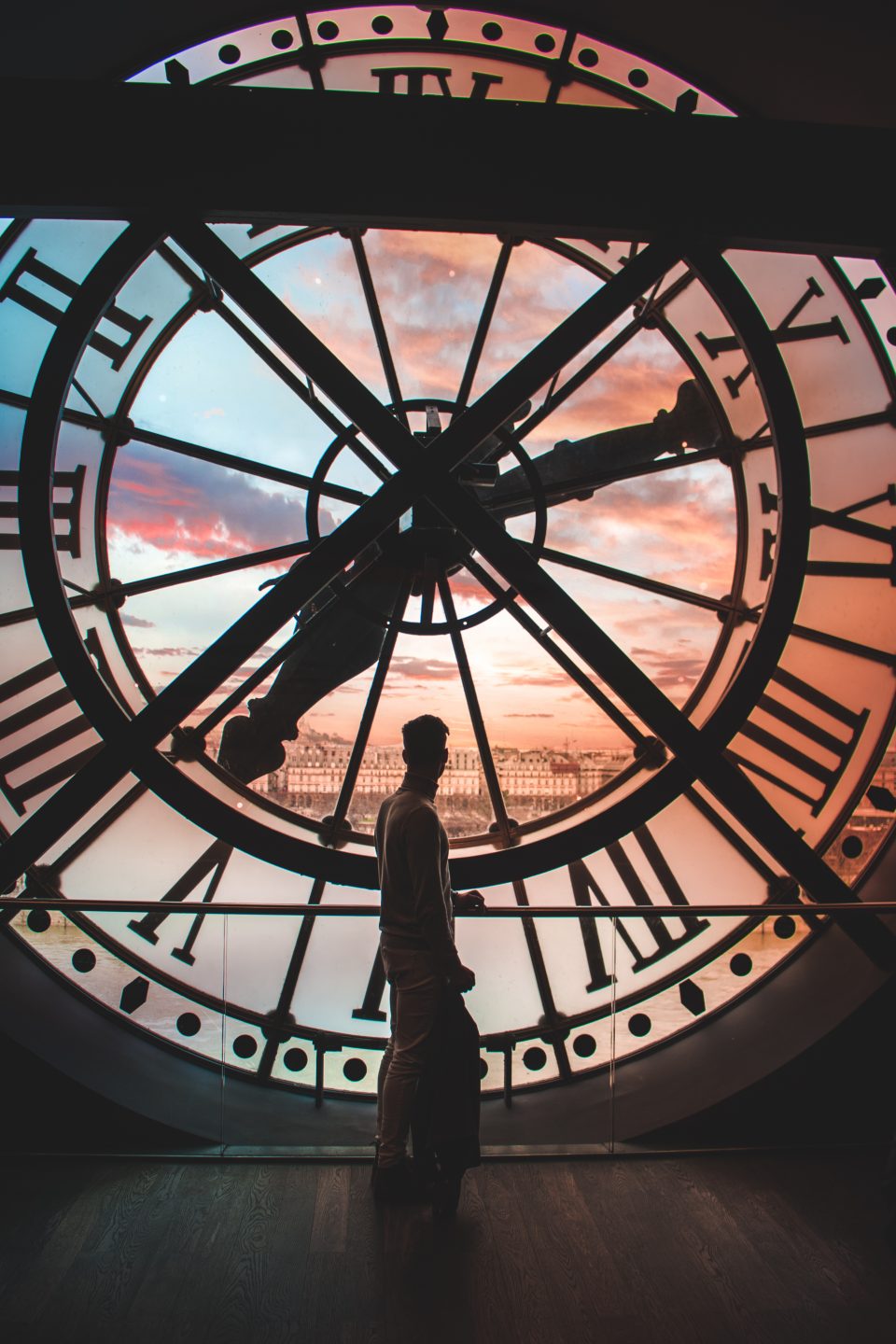
Telling Time after Time
And that was a quick review of our biological time. Time is however all we have, really. And no matter how much we have left relationships and connection is an essential part of the experience.
We have other ways of telling time. We have clocks, calendars, and diaries. With these we measure:
- seconds
- minutes
- hours
- days
- weeks
- months
- years.
Other measurements of time include:
- dates
- holidays
- seasons
- birthdays
- anniversaries
- lifetimes
- relationships.
Relationships are also experience time. A rhythm and a process of maturing.
Many of us experience time in relationships differently. We calculate and remember the day we meet, the number of dates we have had, our first kiss, all of our firsts. And then we start to calculate things.
Things like:
- When will we…?
- When will he/she/they…..?
- How long has it been since…..?
So many calculations. Most of these can be managed though simple communication.
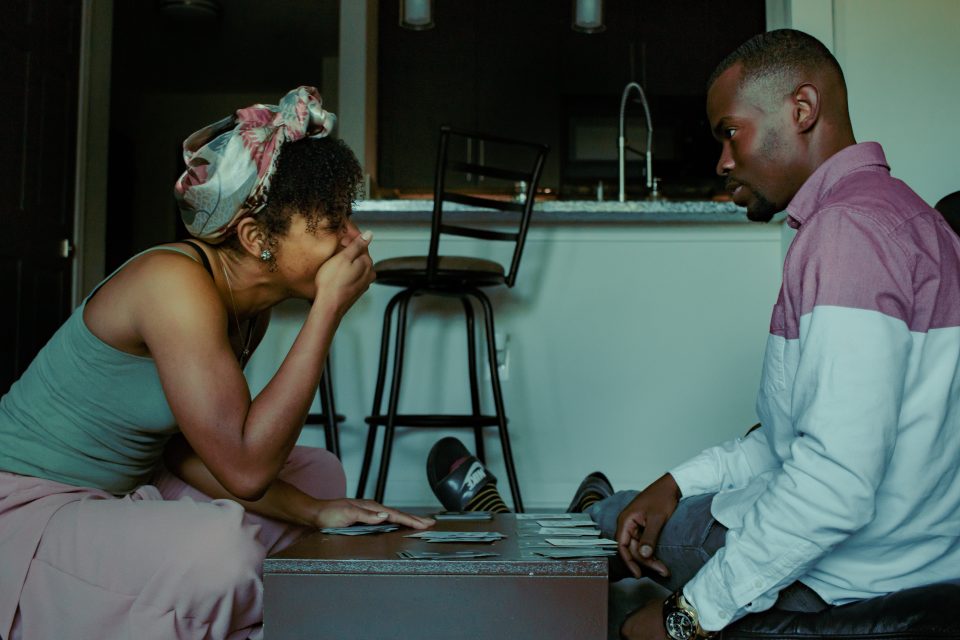
Do we want to…? Do you want to..? Let’s….?
These kinds of questions can help us to stay in the moment and thereby keeping our focus on ourselves and our loved one’s in the room or on the phone, computer or tablet.
And my time is up! I would really enjoy hearing your thoughts. This is Sean! Until next time. Cheers! More about me.
